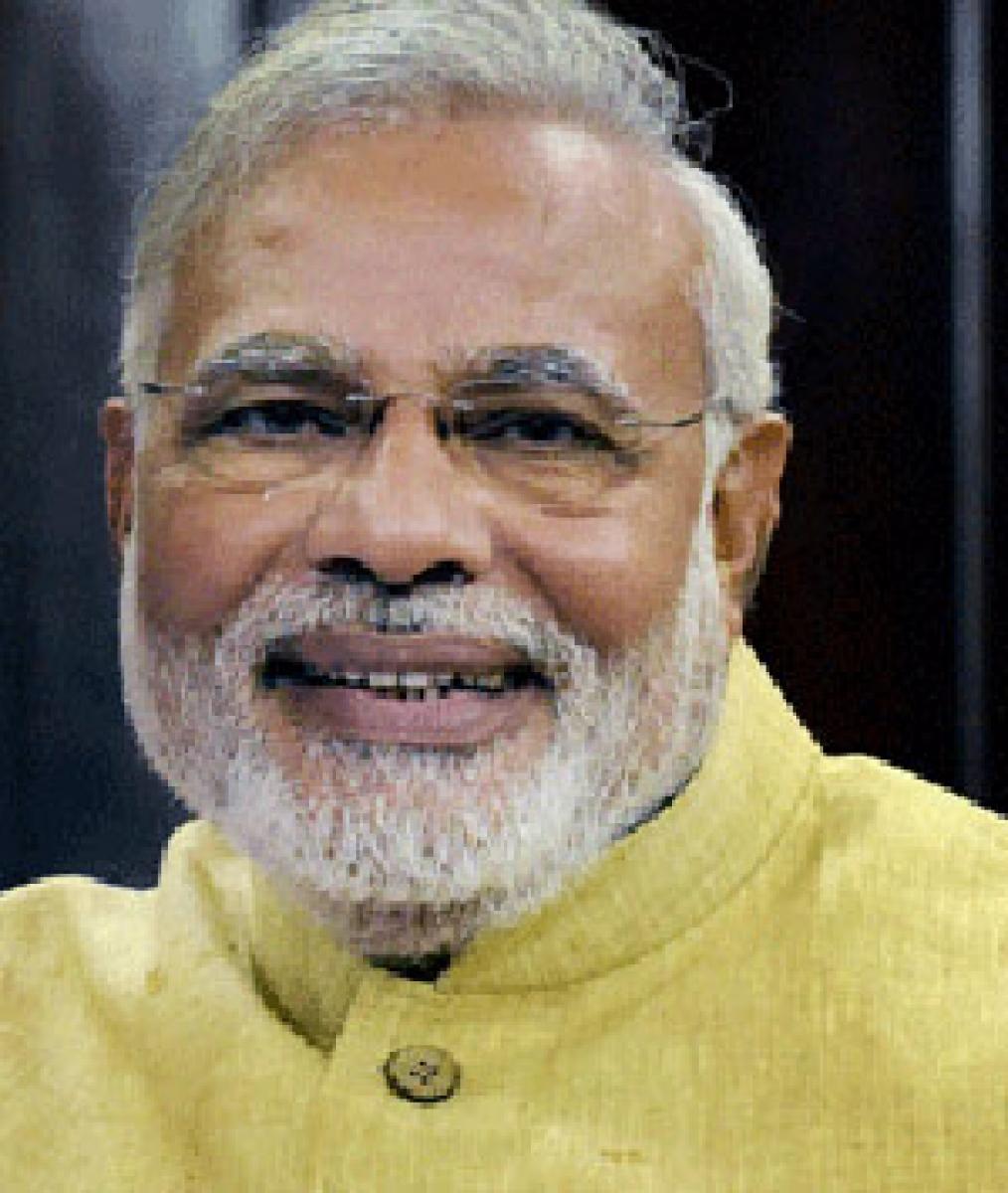Live
- Govt plans to establish offshore Johns Hopkins University Campus in India
- Goa Aces clinch Indian Racing League title
- Study finds how hormone therapy can reshape the skeleton
- High-street fashion players looking at India for manufacturing: Report
- Shreyas Iyer to lead Mumbai as Prithvi Shaw returns for Syed Mushtaq Ali Trophy
- 'Failed to resolve crisis': NPP withdraws support from BJP govt in Manipur
- Chennai: Actress Kasturi Remanded in Custody Until 29th of This Month
- Aaqib Javed likely to become Pakistan's new white-ball head coach
- BJP panel to draft poll charge sheet against AAP govt in Delhi
- Allu Arjun Thanks Fans in Patna, Teases 'Pushpa 2' Release
Just In

The good news is that parliament is once again engaged in its business of debate and discussion even if haltingly because of the occasional demonstrations in the well of the house and walkouts.
.jpg) The good news is that parliament is once again engaged in its business of debate and discussion even if haltingly because of the occasional demonstrations in the well of the house and walkouts. Even then, the people in general will offer a silent prayer of thanks to the excitable MPs over the dawning of sense among them, though belatedly.
The good news is that parliament is once again engaged in its business of debate and discussion even if haltingly because of the occasional demonstrations in the well of the house and walkouts. Even then, the people in general will offer a silent prayer of thanks to the excitable MPs over the dawning of sense among them, though belatedly.
The bad news is that the kind of decorum and dignified conduct which should be a normal feature of the two houses is still not in evidence with the Congress's nominal leader, Mallikarjan Kharge - the real leaders are Sonia and Rahul Gandhi - warning of "bloodshed" if an attempt is made to remove the words, secular and socialist, from the Constitution.
Compared, however, to the purposeful stalling of any transaction of business which marked the earlier sessions, few would be worried by the relatively minor disruptions over former minister Kumari Selja's claim that she was not allowed to enter a temple in Gujarat for being a Dalit - another example of the Gujarat "model", she said - and the Congress's demand for the resignattion of union minister Gen. V K Singh (retd) for likening Dalits to dogs.
Apart from such episodes, two trends emerged during the much-anticipated debate on intolerance. One was Prime Minister Narendra Modi's conciliatory approach, marking a dramatic departure from his earlier sarcastic belligerence evident in dubbing Rahul Gandhi a shehzada (crown prince).
The other was Rahul Gandhi's high-pitched aggression, which might be the result of his introspection during his 57-day sabbatical in March-April. In all likelihood, his in-your-face offensive is based on the belief that aggression is the best form of defence. There is a disadvantage, however, in such persistent aggression.
For one, it tends to jar after a while, especially if the other side responds in a restrained manner. For another, it is obvious that Rahul Gandhi says very little of substance. He is battling for the sake of battling in an attempt to show that the Congress is still alive and kicking - and that the BJP's dream of a Congress-mukt Bharat is a chimera.
The BJP appears to have understood the verities of this cyclical nature of politics. After the Bihar drubbing, the BJP has realised that the country cannot be moulded in accordance with what is taught in the Rashtriya Swayamsevak Sangh (RSS) shakhas or schools. Hence the advice to MPs to avoid being provocative and the appeal to the judiciary to decriminalize homosexuality.
But the most remarkable change has been in Modi's conduct. He was always an impressive orator, even "mesmeric", as Congress spokesman Abhishek Manu Singhvi said. But, now, from being an acerbic critic of his opponents, the prime minister has donned the mantle of a philosopher by his praise of India's multicultural reality with its 12 religions and 122 languages, as he told parliament, and the admission that all previous governments had contributed to the country's development.
Politically, however, what will be of interest is to see, first, whether the kinder, gentler Modi can ensure the passage of the goods and services legislation to set rolling the reforms process and, secondly, how the RSS will react to the emergence of a BJP which is deviating from the saffron goal of a Hindu Rashtra.
By Amulya Ganguli

© 2024 Hyderabad Media House Limited/The Hans India. All rights reserved. Powered by hocalwire.com







